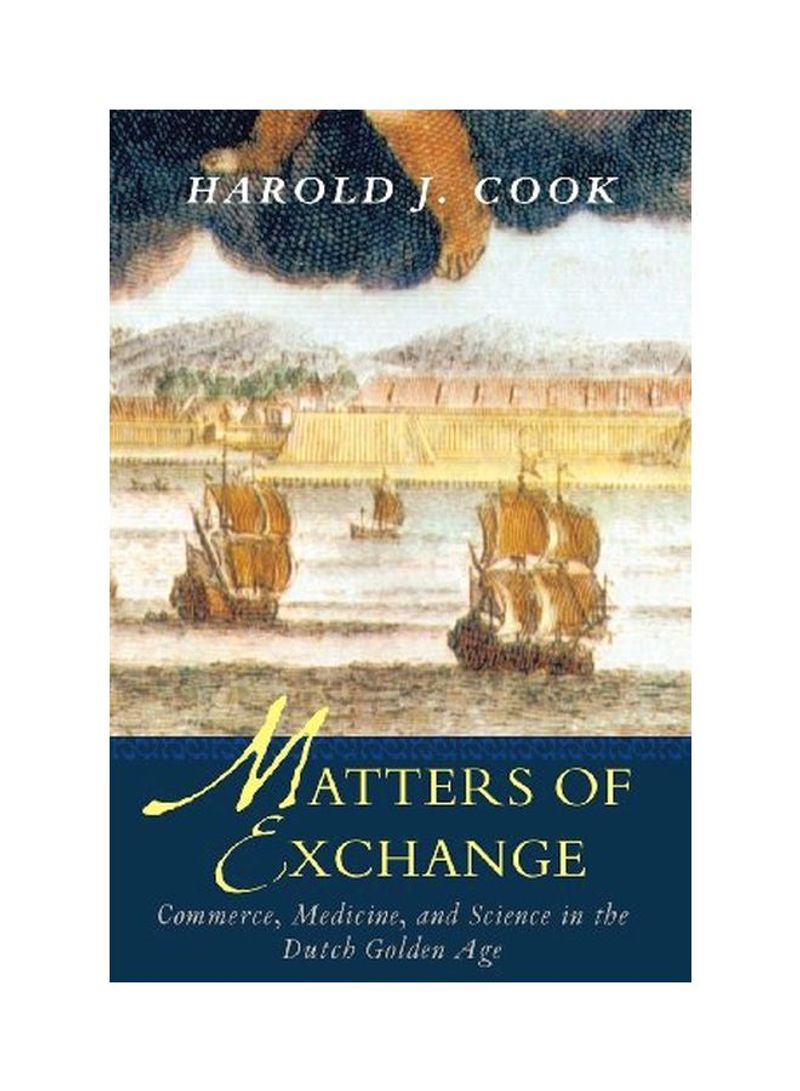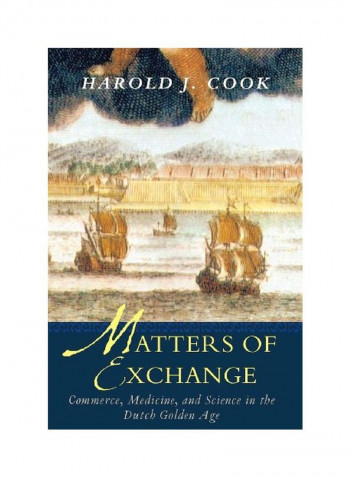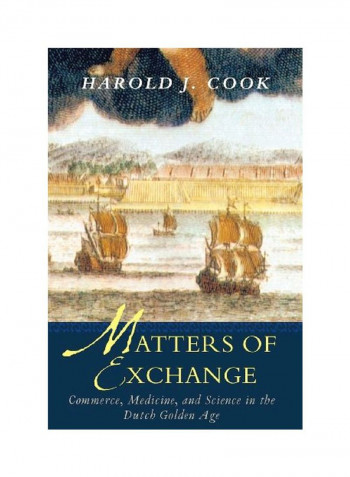Matters Of Exchange Paperback
Recommend
Sort by
Rating
Date
Specifications
Grade
New
Author 1
Harold J. Cook
Book Description
In this wide-ranging and stimulating book, a leading authority on the history of medicine and science presents convincing evidence that Dutch commerce-not religion-inspired the rise of science in the sixteenth and seventeenth centuries. Harold J. Cook scrutinizes a wealth of historical documents relating to the study of medicine and natural history in the Netherlands and elsewhere in Europe, Brazil, South Africa, and Asia during this era, and his conclusions are fresh and exciting. He uncovers direct links between the rise of trade and commerce in the Dutch Empire and the flourishing of scientific investigation. Cook argues that engaging in commerce changed the thinking of Dutch citizens, leading to a new emphasis on such values as objectivity, accumulation, and description. The preference for accurate information that accompanied the rise of commerce also laid the groundwork for the rise of science globally, wherever the Dutch engaged in trade. Medicine and natural history were fundamental aspects of this new science, as reflected in the development of gardens for both pleasure and botanical study, anatomical theaters, curiosity cabinets, and richly illustrated books about nature. Sweeping in scope and original in its insights, this book revises previous understandings of the history of science and ideas.
ISBN-10
0300143214
ISBN-13
9780300143218
Language
English
Publisher
Yale University Press
Publication Date
23 Sep 2008
Number of Pages
576
About the Author
Harold J. Cook is director of the Wellcome Trust Centre for the History of Medicine and professor at University College London. He lives in London.
Editorial Review
"'A considerable scholarly achievement.' Steven Shapin, London Review of Books 'Drawing on nearly twenty years of research, Matters of Exchange is a dense, scholarly, fascinating book, packed with information and full of marvellous stories about cultural exchange between different cultures, and containing at its heart an important but complicated argument about the roots of scientific objectivity and the rise of the global trade. It is a huge, if slightly daunting achievement, but it will undoubtedly become a standard work for anyone interested in the Dutch Golden Age.' Jerry Brotton, BBC History Magazine"



